When working with middle and high school aged students the more motivation and self awareness that has been fostered in the home and learning environment the better. Without cooperation and interest it is difficult to motivate this age group through just the use of external rewards. Unlike elementary school age children, using external rewards with this group will only be successful for a short time, if at all. For the discouraged student, faced with years of failure this is the greatest deterrent.
What happens with the disillusioned client who processes only a few of the qualities necessary to succeed? Rapport building which starts at the beginning of the therapy process is critical. Building trust and safety is important. The client has to know that they can safely show their weakness and not be made fun of and that someone will understand. Part of rapport building is not allowing the client to feel failure, so using interests helps, as well as using games, computers and other modality that do not replicate the school experience. True earned success fosters internal motivation.
Successful relationship building is the core of the speech language therapy process and is needed to help improve speech and language deficits. The relationship fosters the acquisition of core attributes which result in improved self awareness, confidence, and self esteem. Ultimately those attributes will be conveyed when using speech and language skills in the community, school, or at work.

